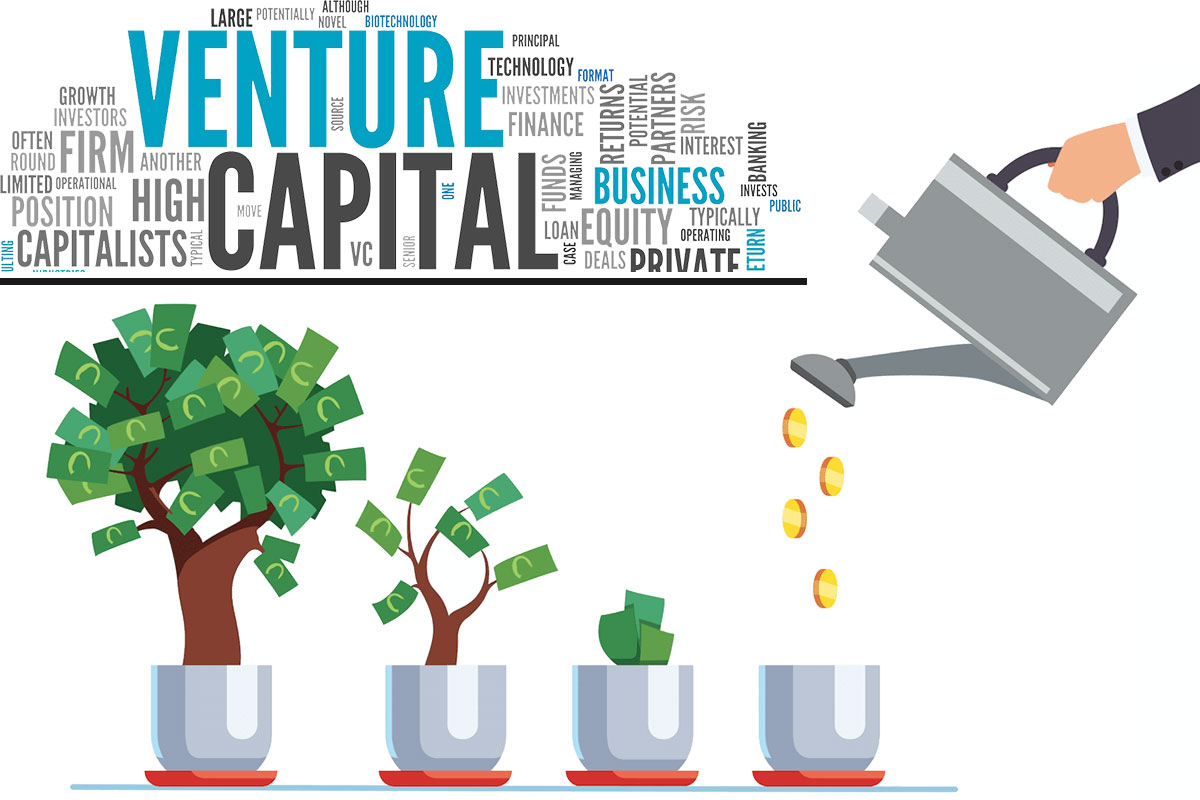Translated from English venture (venture) – risk, adventure. By itself, this term is not used.
He is always tied to the financial environment, namely investing.
Such expressions as venture financing, venture investor, venture project, venture capital, etc. are formed from it.
Venture capital ... - it's always about financial risks and investments (investments).
To grasp the essence of this concept, it is necessary to understand one important feature of it as a form of investment.
The difference between standard and venture investments
Standard investments are always associated with investing in already worked-out earning schemes for the investor, such as:
- purchase on the stock exchange of shares of well-known companies that have proven themselves over many years of activity, in order to extract dividends or resell them in the future due to the growth of their value (capitalization)
- lending, promissory note financing for interest, coupon income, etc.
Companies that receive standard forms of investment already have their reputation, solvency, balance sheet and some material security, which always reduces the riskiness of such investments for the investor.
Venture investment, on the other hand, involves investing money in a project at the stage of its inception, which carries significant risks in its successful implementation.
The nascent companies are unknown to anyone and they have no security for their activities. An investor invests in such projects in the hope of a significant financial return (relative to existing instruments), but at the same time he clearly understands the existing risks associated with the fact that if it does not work out, no one will return anything to him, from the word at all.
But if the project «shoots » the investor receives a significant increase, expressed in a multiple of the growth of his initial investment.
The banal belief in success pushes the investor to take such a step.
Let's reveal the essence of the venture and its features on a simple example.

Imagine such a situation.
Gazprom PJSC appeals to the bank with a request to finance their certain project for the extraction of hydrocarbons on the Arctic shelf. The Bank naturally understands the relevance and price attractiveness of hydrocarbons now, in the near future and assesses the minimal risks of returning such investments. The Bank is happy to provide Gazprom with funds for the implementation of this event at a certain percentage.
Minimal risks - moderate profitability (usually slightly higher than the discount bank rate).
And then comes the previously unknown Vitalik Buterin with a request to finance his startup development blockchain of the ETH network, which in his opinion will bring enormous benefits to society and will increase in price, after which he will give the money. Vitalik has only a laptop and a team of the same enthusiasts who have no material support for these investments, in fact, there is no.
How will the bank assess the risks of this offer, especially if it is not about one million dollars?
That's why Vitalik will go looking for non-standard ways to finance his startup (he has already found it, of course) in the form of venture investment.
i.e.. someone (an uncle, a company) who understands all this cuisine (technology and the benefits that this project can bring) is ready to finance it with the goal of multiplying the invested funds several times in the future due to its innovativeness.
Why would such an investor invest in standard funds (stocks, bonds, etc.) when you can take a risk and take a jackpot. Or you can lose.
Maximum risks - maximum profitability (usually due to introduction to the masses and innovation).
Well, since we have already touched Vitalik Buterin, then, most likely, his venture investors have definitely won a lot, having multiplied their initial capital by the nth number of times.
This is the fundamental difference between standard investment schemes and venture schemes.
Standard investments - low risk and moderate return.
Venture investments - high risk and X-s (very high profitability).
Therefore, a venture investor, realizing all the risks of a startup, should always, in fact, be a direct participant in the development team, understand the ins and outs of what is happening - technologies, processes and really evaluate the market, the external environment for the project being implemented.
A certain category of venture investors who help in the development of startups, from their inception to full-fledged formation, not only financially, but also with experience, knowledge and useful contacts, are also called business angels.
Venture capital ... – what it's about: the essence of a simple example – Something like that!


































